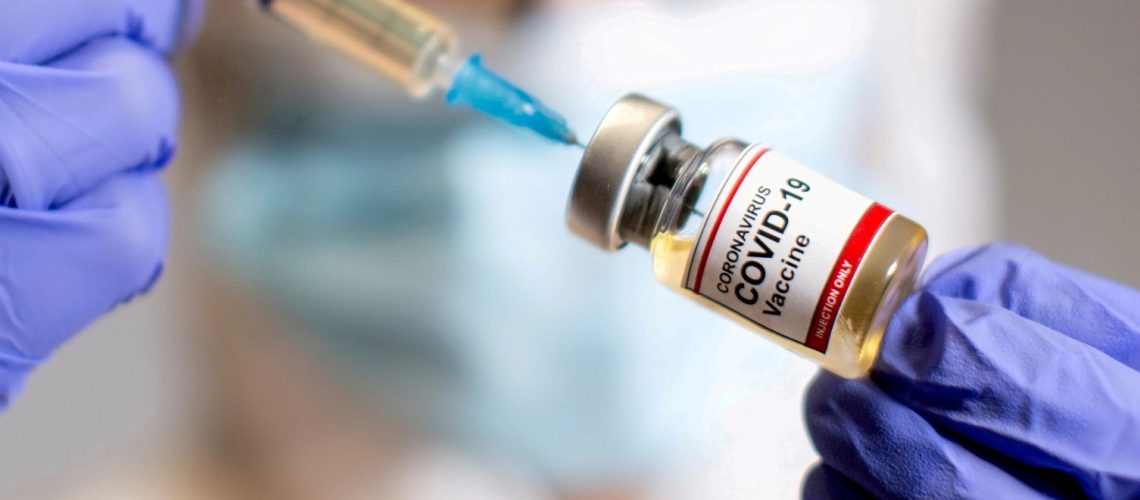Data and analytics firm GlobalData has opined that it is important that the clinical trial results of Bharat Biotech’s phase III trial of Covid-19 intranasal vaccine BBV154 be made available in the public domain to understand the overall efficacy of the vaccine.
Bharat Biotech has recently completed the Phase III trials of its Covid-19 intranasal vaccine BBV154 and submitted the data to the Drug Controller General of India (DCGI) for approval both as a primary twodose vaccine, and a heterologous booster dose. However, detailed clinical trial results are not yet available in the public domain. Against this backdrop, it is difficult to predict the success of the intranasal vaccine following its approval, says GlobalData.
BBV154 may become the world’s second approved intranasal vaccine for Covid-19. In April 2022, the Russian Health Ministry approved Sputnik V nasal vaccine. Before this, Sputnik V was available as an intramuscular injection. According to GlobalData’s ‘Pharmaceutical Intelligence Center’, as of August 22, 2022 there are currently nine Covid- 19 intranasal vaccines in phase I and later stages of clinical development in different parts of the world. However, only two Covid-19 intranasal vaccines, including Bharat Biotech’s in tranasal vaccine, have reached phase III.
Prashant Khadayate, Pharma Analyst at GlobalData, comments: “It is very important that the clinical trial results for Bharat’s BBV154 be made available in the public domain to understand the overall efficacy. Moreover, sharing detailed results will improve transparency and overall credibility. There is no denying that intranasal vaccines are more convenient from logistics and administration perspectives and can be useful in the fight against Covid-19.”
Notably, none of the leading Covid-19 vaccine manufacturers like Pfizer and Moderna are involved in the development of intranasal Covid-19 vaccines. Historically, intranasal vaccines have been developed for influenza. However, they have generally demonstrated lower effectiveness compared to injectable flu vaccines. Even though intranasal vaccines can produce both local and systemic immunity, there can be challenges around long-lasting immunity.
Khadayate concludes: “Looking at the historical trends, intranasal vaccines have not performed as per the expectations in general. In the absence of detailed clinical data, it is difficult to predict the success of BBV154.”




Very well written! The points discussed are highly relevant. For further exploration, I recommend visiting: LEARN MORE. Keen to hear everyone’s opinions!